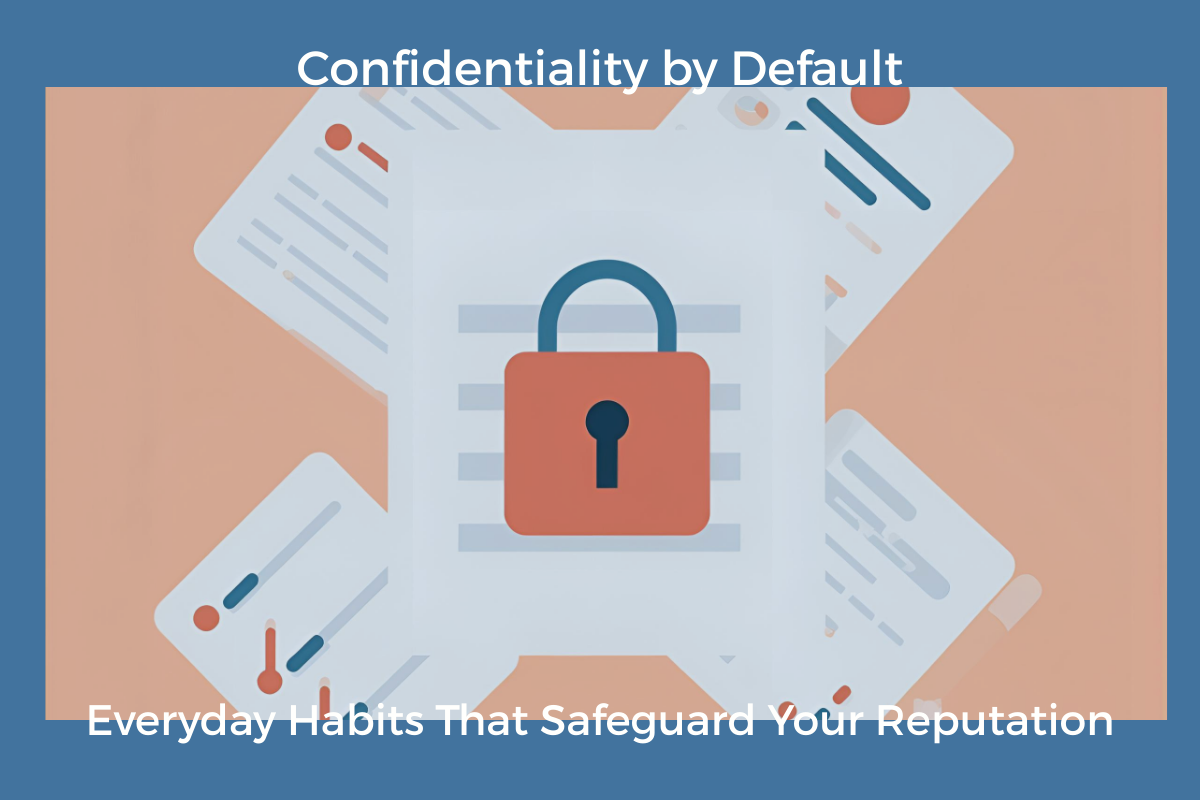For small businesses, reputation is often the most valuable currency. Yet it can be damaged not by a competitor’s campaign, but by something much simpler: a leaked pitch deck, an unsecured shared drive, or a casual mention of a tender.
Confidentiality isn’t just about signing NDAs — it’s about building everyday habits that show clients, partners, and investors that you take their trust seriously. In the Middle East, where business relies heavily on relationships and credibility, treating confidentiality as the default can make all the difference.
Why confidentiality matters beyond paperwork
Confidentiality often shows up as fine print — in a contract or an NDA — but the real impact goes further. A single slip can cause:
- Investor confidence to waver if decks are shared too soon.
- Tender negotiations to weaken if details spread informally.
- Media goodwill to erode if embargoed news leaks early.
And the financial impact is significant.
According to research, 95% of cybersecurity breaches are caused by human error such as oversharing files or sending information to the wrong people. For small and mid-sized businesses, the cost of handling a breach can range from US $120,000 to over $1 million. The takeaway: most risks come from day-to-day behaviour, not major hacks.
How to build confidentiality into daily PR practice
Here are some practical ways to bring “confidentiality by default” into your communications work:
- Limit access: Only give access to files and decks on a “need to know” basis. Tools like Google Drive or SharePoint let you control permissions easily.
- Label drafts clearly: Watermark or title draft documents as “Confidential – Draft” so they aren’t mistaken for final versions.
- Protect media lists: Journalist contacts are valuable — avoid forwarding full lists. Instead, share only what’s relevant or use blind copy.
- Make NDAs routine: Don’t reserve NDAs for big deals. Use simple clauses with freelancers, contractors, and partners to set clear expectations.
- Avoid casual channels: Resist the urge to send sensitive content over WhatsApp groups. Use secure, trackable platforms for file sharing.
- Review when projects end: When a freelancer or consultant finishes work, make sure they return or delete any confidential files.
A checklist for your next project
Before sending out your next deck or press release, ask:
- Who really needs access to this file?
- Is it clearly marked as draft or final?
- Have confidentiality terms been agreed with everyone involved?
- Am I using the right channel to share it?
- Do I know how this will be stored or archived afterwards?
If the answer to any of these is uncertain, pause — that’s where reputational risk lies.
Confidentiality by default isn’t about keeping secrets; it’s about showing respect for the information entrusted to you. Small businesses that build these habits protect more than just data — they protect their credibility, relationships, and opportunities.



